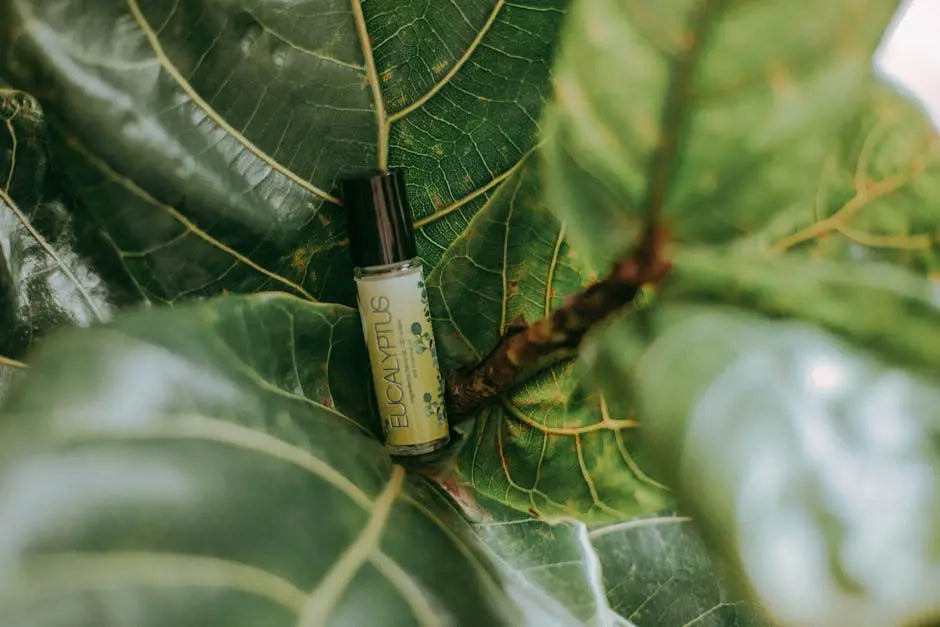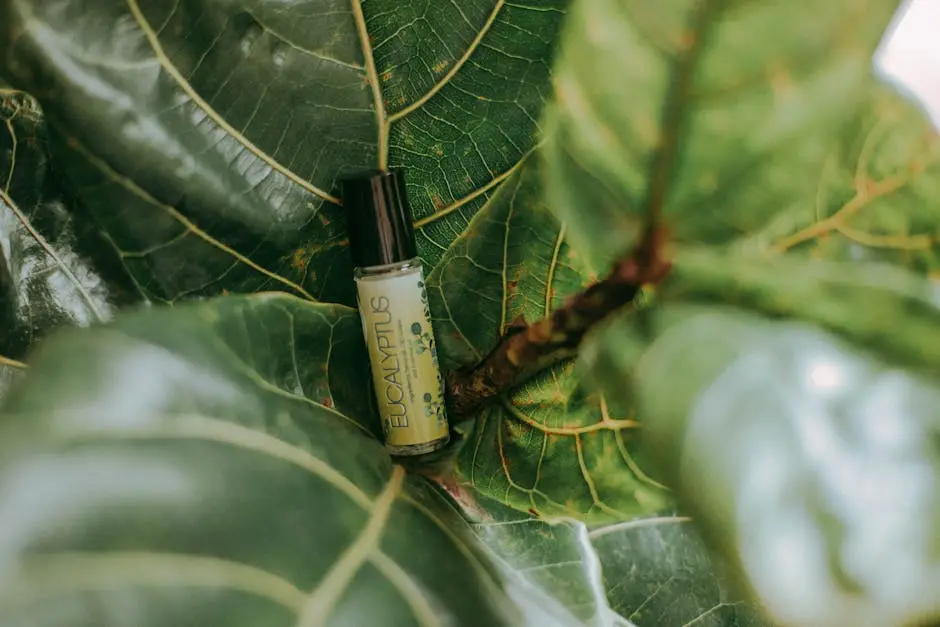
Demystifying Plant Extracts: Everything You Need to Know
Share
Plant extracts have been prized for their beneficial properties for centuries, yet they often remain shrouded in mystery for many of us. In this blog, we’ll break them down into bite-sized insights to help you better understand what they are, how they’re made, and why they’re so impactful.
What Are Plant Extracts?
Plant extracts are concentrated substances derived from plants, often containing the plant’s active ingredients in a more potent form. They are commonly used in cosmetics, medicines, and health supplements. These extracts capture the essence of a plant’s unique chemical compounds, allowing us to harness their power in convenient formats. By extracting these compounds, we can enhance their benefits and make them more accessible for everyday use.
The beauty of plant extracts lies in their versatility. From essential oils to flavonoids, these extracts bring various health and wellness benefits to numerous applications. For instance, essential oils derived from plants such as lavender and eucalyptus are known for their calming and invigorating properties, respectively. Their appeal spans across cultures and histories, making plant extracts a beloved component of traditional medicine systems all over the world.
How Are Plant Extracts Made?
The production of plant extracts involves several methods, such as distillation, cold pressing, and solvent extraction. Each process aims to isolate the most beneficial compounds while preserving their natural properties. Distillation is a prevalent method where heat is used to extract volatile components like essential oils. Cold pressing, on the other hand, involves physically pressing the plant material to obtain extracts without heat, ideal for heat-sensitive compounds.
Solvent extraction is another fascinating method where solvents such as ethanol draw out the plant’s desirable compounds. This technique is often employed for compounds that don’t transfer well via distillation. Extracts made using these methods maintain their effectiveness by efficiently preserving the plant’s chemical integrity. Consequently, understanding these methods can guide consumers in choosing extracts based on their intended use and potency preferences.
Understanding the Benefits of Plant Extracts
Plant extracts are celebrated for their myriad health benefits, from anti-inflammatory properties to antioxidants. Popular extracts like lavender, chamomile, and peppermint are often used in alternative medicine and self-care routines. For example, chamomile extract is frequently sought after for its calming effects, while peppermint extract is known for its ability to ease digestive issues. These extracts offer natural solutions that align with holistic health practices.
The richness of plant extracts extends beyond health benefits. They play a significant role in promoting sustainability as they provide eco-friendly alternatives to synthetic chemicals. By opting for natural sources, industries contribute to environmental conservation. Moreover, the diverse range of extracts means there is likely an extract suitable for almost any targeted health concern, making them a vital tool in personalized wellness strategies.
Common Uses Across Industries
Widely used in skincare, pharmaceuticals, and food industries, plant extracts provide natural alternatives to synthetic ingredients, offering versatility and efficacy in a range of applications. In skincare, for instance, extracts like tea tree oil are revered for their antibacterial properties, beneficial for acne-prone skin. Meanwhile, in the food industry, natural flavorings and preservatives derived from plant extracts are gaining popularity for cleaner labels.
The appeal of plant extracts in pharmaceuticals is growing due to their potential health-enhancing properties. For example, turmeric extract, with its active ingredient curcumin, is explored for its anti-inflammatory effects. This multifunctionality makes plant extracts an integral part of many industry innovations. By offering efficacy coupled with a natural touch, they resonate well with consumers seeking holistic health improvements.
Selecting Quality Plant Extracts
Not all plant extracts are created equal. It’s important to choose high-quality, sustainably sourced extracts from reputable suppliers to ensure safety and potency. When assessing quality, factors such as organic certification, extraction methods, and supplier transparency are crucial. Opting for extracts from known suppliers who commit to ethical sourcing supports both health goals and sustainability.
To further ensure quality, consumers should seek certifications that attest to the product’s purity and adherence to quality standards. This not only safeguards the consumer but also supports practices that are kind to our planet. With informed choices, we can enjoy the full spectrum of benefits offered by plant extracts while contributing to conscientious consumption patterns.
Embracing the Power of Plant Extracts
Plant extracts are more than just a trend; they are a testament to the power of nature and the advancements of science. Understanding their origins, benefits, and uses empowers us to make informed choices that benefit our health and well-being. To dive deeper into how plant extracts can enrich your life, make sure to explore our wide selection available on our homepage.
